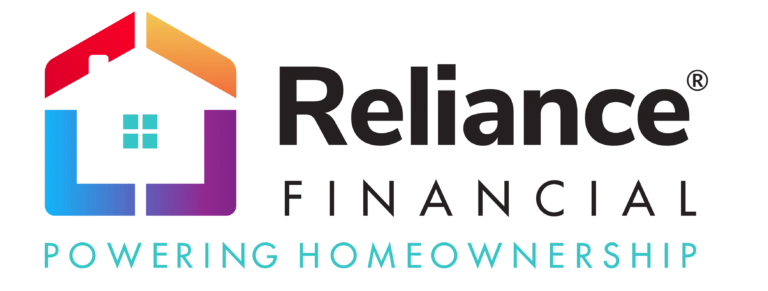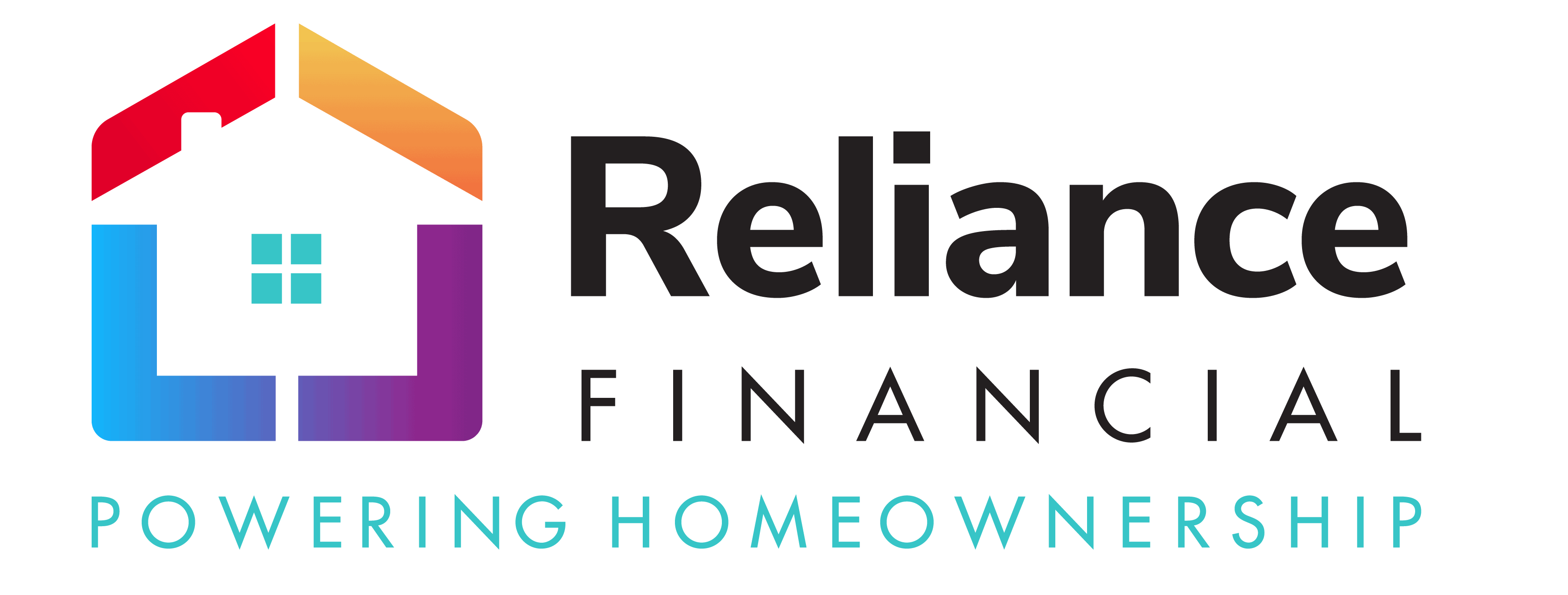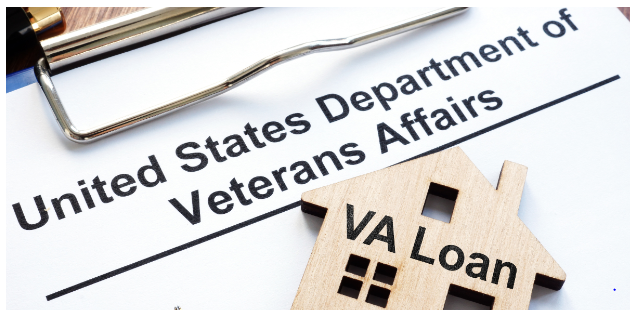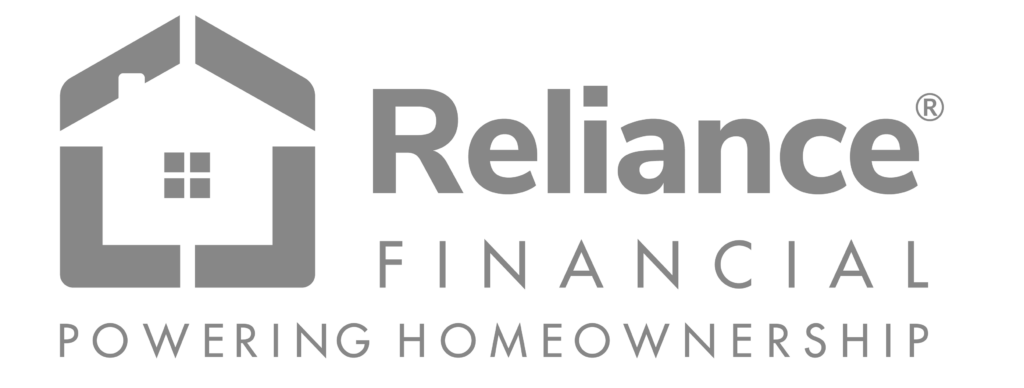The United States Department of Veterans Affairs (VA) offers a unique financing program known as a VA home loan to qualifying veterans and military personnel. The VA home loan offers several significant benefits to our veterans starting with VA mortgage interest rates that are often lower than those of conventional mortgages. The VA guarantee on these loans lowers the risk for lenders in case of a default, thus allowing lenders to provide more attractive interest rates.
The VA does not determine the interest rates for VA home loans. They are particularly driven by the current status of the market. In this article we discuss the interest rates for VA home loans, how they are determined, and why working with a reputable lender like Reliance Financial may help you get the best rates.
Factors To Determine VA Home Loan Interest Rate In The United States?
The Department of Veterans Affairs does give rules and regulations for lenders taking part in the program. Here are some key factors that determine VA Home Loan interest rates:
- Current Market Conditions: Economic factors including unemployment, inflation, and general economic health all have an impact on interest rates. Rates tend to be higher in economies that are doing well and vice versa.
- Credit Score: Higher credit scores typically entitle borrowers to reduced interest rates. They receive more favorable interest rates because lenders view them as being less hazardous.
- Loan Term: The loan’s duration and interest rate might both have an impact. In general, interest rates on loans with shorter terms, like 15-year mortgages, are often cheaper than those on loans with longer terms, like 30-year mortgages.
- Loan Amount and Loan-to-Value (LTV) Ratio: The loan amount and lLTV ratio, which measures the loan amount to the home’s appraised worth, can both affect the interest rate. Generally speaking, a greater loan amount or LTV ratio might mean a higher interest rate.
- Discount Points: Borrowers can pay upfront fees called discount points to reduce the interest rate. Paying more points lowers the interest rate but requires an upfront payment.
- Debt-to-Income Ratio (DTI): Lenders consider the borrower’s DTI ratio, which is the monthly debt payments divided by gross monthly income. Lower DTI ratios are preferred and can result in lower interest rates.
- VA Funding Fee: The VA loan program has a one-time funding fee paid by borrowers. The fee varies based on military service category, down payment amount, and whether it’s the borrower’s first or subsequent use of the benefit. The funding fee is added to the loan amount, impacting the overall interest rate. This VA funding fee is waived for veterans receiving disability payments from VA.
Current VA Home Loan Interest Rates In The United States
Here are the latest VA Home Loan Interest rates in the United States, updated by Zillow as of July 16, 2023.
- The national average 30-year fixed VA mortgage rate declined 2 basis points, from 5.81% to 5.79%.
- On July 16, 2023, the 30-year fixed VA mortgage rate was down 32 basis points (0.32%) from the previous week’s average rate of 6.11%.
- In addition, the rate for a 15-year fixed VA mortgage has decreased by 20 basis points (0.20%), from 5.64% to 5.44%, on a national average basis.
- The rate on a 5-year adjustable rate mortgage (ARM) VA mortgage was 5.62%.
Note: Above mentioned VA home loan interest rates in the United States are subject to change as per market conditions and your financial profile. You can consult a local loan officer who specializes in VA loans to acquire the most recent information on interest rates, or you can visit our official website, reliancefinancial.com, to get the most accurate and up-to-date information on current VA home loan interest rates.
Securing A Low VA Home Loan Interest Rate In The United States
To secure a low VA Home Loan interest rate, veterans need to work with a reputable lender like Reliance Financial, which specializes in VA Home Loans. Here’s how veterans can increase their chances of obtaining a favorable interest rate:
- Maintain a Good Credit Score – Higher credit scores are often rewarded with reduced interest rates for borrowers. Veterans should make an effort to retain a positive credit history by paying their bills on time, maintaining low credit card balances, and limiting new credit inquiries.
- Provide a stable income and employment history – Demonstrating a stable income and employment history can positively influence interest rates. Veterans should continue to work steadily or have other reliable sources of income, and they should be ready to give their lender the relevant paperwork.
- Compare rates and lenders – It’s important to shop around and compare interest rates offered by various lenders. Veterans may get assistance from knowledgeable loan officers of Reliance Financial. They will walk you through the procedure and help them locate the best rates available.
- Consider interest rate reduction options – Programs for reducing loan rates may be available to some veterans. As an illustration, the VA provides veterans with the Interest Rate Reduction Refinance Loan (IRRRL), which enables them to refinance their current VA loan to get a cheaper interest rate.
Reliance Financial: Top Lender For Low VA Home Loan Interest Rate
Reliance Financial is a reputable lender that specializes in VA home loans and is familiar with the particular requirements of veterans. Veterans may take advantage of Reliance Financial’s experience and have access to a variety of VA loan products and services. The mortgage professionals at Reliance Financial are committed to assisting veterans in navigating the VA home loan program’s intricacies and obtaining the best interest rates possible.
Additionally, the Reliance Financial team offers personalized support throughout the VA home loan application procedure, ensuring that homebuyers and homeowners are aware of their options and alternatives and assisting homebuyers in deciding which option might be ideal for their situation. The Reliance Financial team stands out from other lenders because of their dedication to providing transparency and excellent customer care, thus earning the trust of veterans looking for VA home loans.
Conclusion
The affordability of homeownership for veterans and active duty military members is greatly impacted by the interest rates on VA home loans. Veterans who comprehend how these rates are determined and proactively take necessary steps to secure favorable rates can maximize the benefits of the VA Home Loan program.
Partnering with a reputable VA home loan lender in the United States, such as Reliance Financial, becomes essential as they provide transparency, personalized guidance, and comprehensive assistance throughout the home loan process. With our expertise and dedication, we aim to empower veterans and military members to achieve their homeownership aspirations with confidence.
Reliance Financial expresses sincere gratitude to Veterans for their invaluable service to our nation and is committed to supporting them in achieving their homeownership dreams with utmost honor and dedication.
Frequently Asked Questions About VA Home Loan Interest Rates In The United States
Q1: Are VA home loan interest rates fixed or adjustable?
VA home loans can have either fixed or adjustable interest rates. A fixed interest rate remains the same over the length of the loan, guaranteeing stability and dependable payments. Based on financial market fluctuations, an adjustable interest rate, also known as a variable rate, may occasionally change.
Q2: Are VA home loan interest rates lower than conventional mortgage rates?
Generally, VA home loan interest rates tend to be competitive with or even lower than conventional mortgage rates. The VA’s guarantee on the loan reduces the risk for lenders, which can translate into more favorable rates for borrowers.
Q3: What are the eligibility criteria for VA loans?
Veterans who have served in the military in the past or are serving right now can be eligible for a VA home loan. Lenders may also ask your extra requirements in addition to the VA’s eligibility requirements. To find out more and to begin the pre-qualification process, contact a VA lender.
Q4: What is the VA Funding Fee?
The majority of VA loan borrowers must make a one-time payment called a funding fee in order to keep the loan program operational. The amount of the VA financing charge is determined by your down payment amount and if this is either your first loan or a subsequent mortgage with VA backing. You pay this fee usually at closing or have it financed into the mortgage. To get an estimate of your VA funding fee costs and mortgage expenses, visit Reliance Financial today.
Most Searched Terms
VA Home Loan Interest Rates | VA Home Loan Interest | VA Home Loan Interest Rate Today | VA Home Loan Rates USA | VA Home Loan Rates United States





